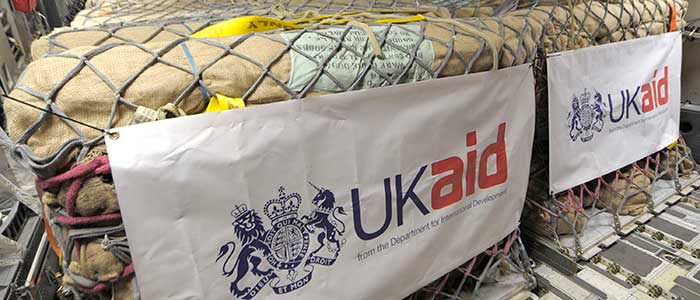The Commonwealth Development Corporation Bill will quadruple the current limit on the amount of aid funds (from £1.5bn to £6bn) that can be channelled through the UK aid department’s much-criticised private equity arm, the CDC, and allow that limit to be doubled again without new legislation.
In the past, the CDC has been found to invest aid funds in luxury projects, route them through tax havens, pay its executives excessive salaries and prioritise financial returns over development impact.
A recent report by the country’s National Audit Office found that while there have been improvements at the CDC it remains a “significant challenge” to demonstrate its investments help those in poverty. A number of the firm’s holdings are also still located in tax havens, and its top investment destinations consist mainly of middle-income economies.
Speaking to MPs after their vote on the bill yesterday, Rory Stewart, minister of state at the UK’s Department for International Development, defended the bill.
He said it will play an important part in addressing extreme poverty by driving growth and employment and boosting government revenues in the world’s poorest countries through the cultivation of the private sector.
The CDC “combines the rigour of the private sector, the focus on markets and the values of the public sector” and serves as a “proven model” for delivering sustainable growth for the world’s poorest, he added.
Even the bill’s critics, such as Labour MP Stephen Doughty, indicated during the debate that they agree the CDC has a “vital role” to play.
However, some take issue with the substantial expansion of the cap the government is pursuing – the CDC has only required £1.5bn in public funds in the past two decades – among other concerns.
A number of amendments tabled by Doughty and others, which included limits on the amount of aid funds that can go to the CDC per year and measures to ensure a focus on the poorest countries and poverty reduction, failed to pass.
The bill will now be debated in the House of Lords, after which both houses of parliament will have to agree on any amendments and the exact wording before it becomes law.
But Aisha Dodwell, aid campaigner at Global Justice Now, criticised MPs for voting in favour of a “massive diversion of public money towards private business – without sufficient transparency, accountability or proof of impact”.
“It is grossly irresponsible for parliament to have approved a bill that would massively ramp up the amount of aid money that the CDC Group can play with, when there are such fundamental questions about its approach to development.”














